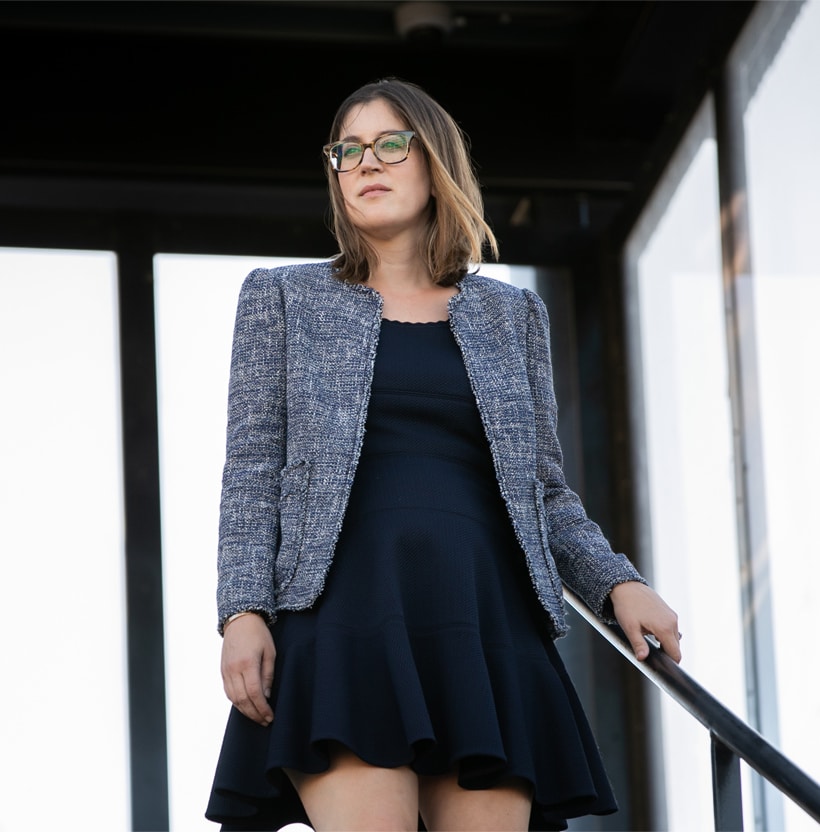As the snow begins to melt from the mountains and the weather starts to heat up, many Coloradoans will be heading out for camping trips, enjoying nights around a warm fire and experiencing all that nature has to offer in our gorgeous state.
As Colorado begins to lift bans on areas where residents can have fires, however, it’s important to refresh your knowledge on how to properly put out fires. Remaining ignorant of this information not only puts you at risk for causing a destructive fire – you could even end up facing criminal charges for arson.
Tips for Putting Out Fires the Right Way
- Pay Attention to Bans: Colorado is a very dry state, and there is a high risk for wildfires. The state may place fire bans on certain areas for a period of time until the risk of a fire goes down. Pay attention to these bans, and know the law regarding fire and smoke wherever you go.
- Clear and Prepare the Area: Even if your fire remains within the limits of a fire pit or guarded area, surrounding brush or debris can quickly spread the fire outside of its designated area. Before you create or put out a fire, make sure that you have moved flammable debris away from the area as an extra layer of protection. Additionally, you should keep a bucket of water and a shovel nearby in case you need to act fast while sitting around the fire, or if your first attempt at putting out the fire doesn’t go as planned.
- “Stir and Drown”: When it’s time to put out the fire, you are not done after you pour water and the flames are gone. After the fire is doused, cover it with dirt, add the embers off of the wood that was in the fires, stir the dirt around, and add more water. Continue this process until the fire is fully You can stop once the area where the fire once burned is cold to the touch, or if you don’t hear hissing sounds when you pour water on the area.
Remember, Starting a Forest Fire May Result in Arson Charges
Failing to put out a fire can result in catastrophic damages. Just look at what happened in Fourmile Canyon. Even seven years later, the area is just starting to rebuild. The owner of the fire pit that started the Fourmile Canyon fire attempted to stir and douse the fire, but stray embers spread and caused the destruction of over 140 homes in the area.
In that case, person responsible for the fire was not charged with arson – but it wasn’t out of the realm of possibility. Recklessly causing a fire is considered fourth degree arson in Colorado. The charges are either a class 3 misdemeanor or class 4 felony if a person’s life is put in danger. If prosecutors can argue that the fire was intentionally set, charges may be bumped up to third degree arson. If property is damaged by an intentional fire, charges are even more severe.
Charged With Arson? Your Only Hope Is a Strong Defense
If you are charged with causing a fire that causes property damage, you need to understand the strategies that are available to you. It may be in your best interest to work to prove that there was no intent – you were just acting recklessly. This strategy can help you to face less serious charges. In other situations, you may be able to utilize a strategy that can help you to get your charges dropped altogether.
What’s the best course of action? Talk to a Denver criminal defense attorney today to learn more about arson charges and how to defend against them.
About the Author:
Kimberly Diego is a criminal defense attorney in Denver practicing at The Law Office of Kimberly Diego. She obtained her undergraduate degree from Georgetown University and her law degree at the University of Colorado. She was named one of Super Lawyers’ “Rising Stars of 2012” and “Top 100 Trial Lawyers in Colorado” for 2012 and 2013 by The National Trial Lawyers. Both honors are limited to a small percentage of practicing attorneys in each state. She has also been recognized for her work in domestic violence cases.






